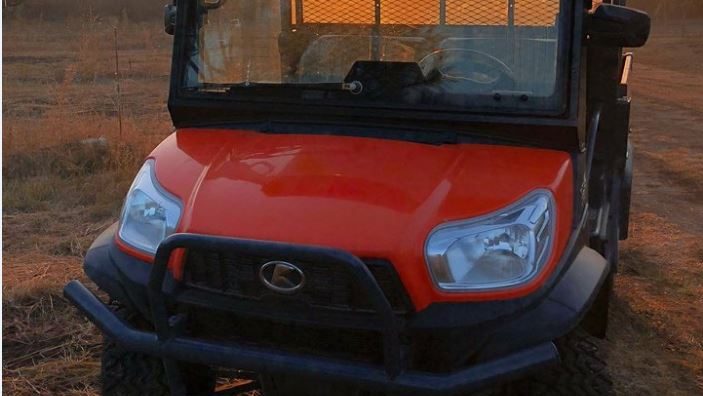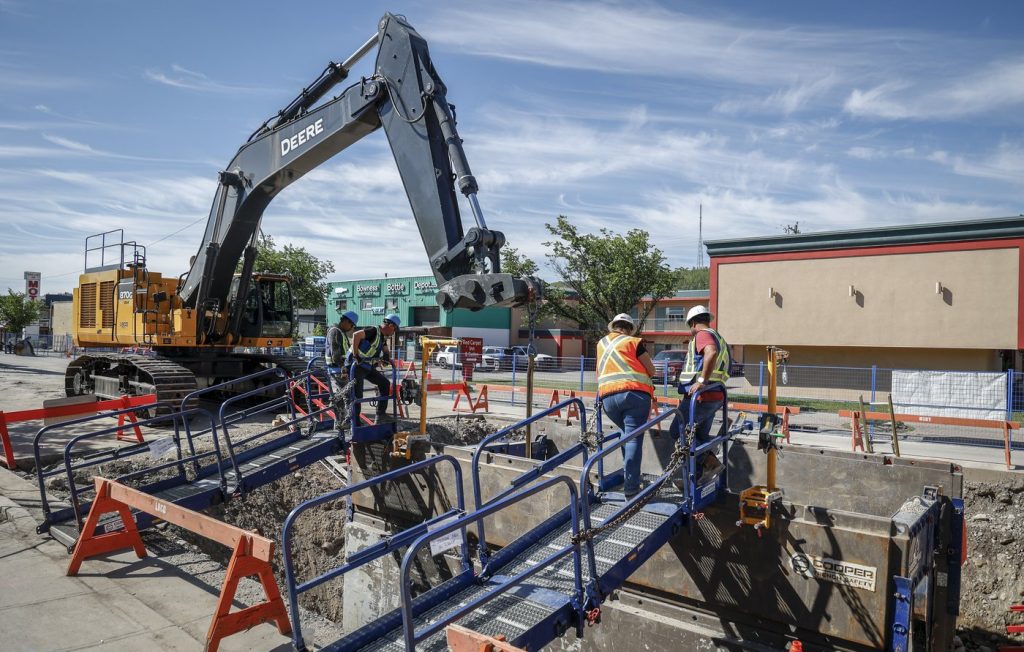UCalgary students build solar battery for an all-terrain vehicle

Posted Apr 17, 2022 3:51 pm.
Last Updated Apr 17, 2022 4:43 pm.
University of Calgary engineering students were successful in making all-terrain vehicles run on solar power in an effort to serve Indigenous and underrepresented remote communities in the North. They also may have found a way to tackle gas-guzzling prices.
#UCalgary student team at @SchulichENGG converts ATV to solar power to run in -30°C conditions in the Yukon, creating solutions for Indigenous communities https://t.co/8i3TupE24p pic.twitter.com/8EZnxLATRj
— U Calgary (@UCalgary) April 7, 2022
According to the University of Calgary, all-terrain and utility task vehicles are a necessity of life in Canada’s north as they transport people and goods around the most isolated landscapes in the world.
But with recent skyrocketing fuel prices, the running of the machines has become unsustainable.
Program manager of science and sustainability of the Arctic Institute of North America’s Kluane Lake Research Station, Harry Penn, Ph.D., says he wanted to find a way to convert a gas-powered Kubota mid-sized utility vehicle to an electric motor.
Related Article:
-
World hurtling to climate danger zone, brakes half-pulled
-
Electric car sales doubling, net-zero target in reach: report
-
Soaring gas prices push more Canadians to seriously consider going electric
The Schulich engineering students including Austin Bercier, Jasmine McDermott, Wylie Pietsch, Marlin Sako, Alejandro Sulbaran and Natasha Eden were successful at converting all-terrain vehicles to solar batteries that were able to run for at least 90 minutes.
Solar batteries which have to work in sub-zero temperatures can be charged by simply plugging them into an outlet.
The project’s hope is to help Indigenous and remote communities in Canada’s north.
The engineering students also say a manual has been made available to northern communities in case they would want to convert their own vehicles.








